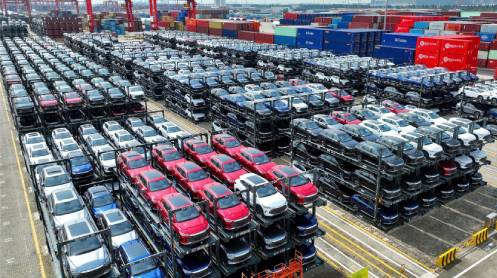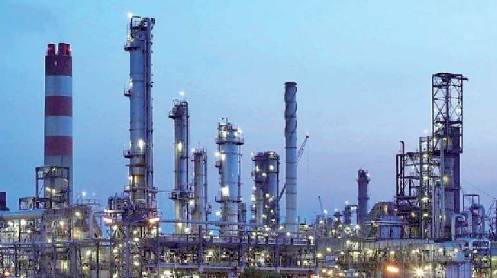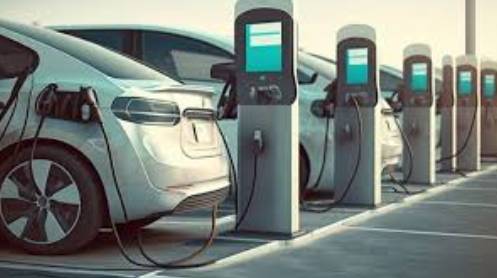The PTI (Pakistan Tehrik-e-Insaf) government decided to freeze petroleum and electricity prices in the end of February for four months. That decision is haunting today. The prices were brought down and frozen at a time when international oil prices were skyrocketing due to Russia’s invasion of Ukraine. Pakistan’s government could not afford the luxury of absorbing the subsidy. The demand has remained unchecked as consumers are not paying the market price.
Due to this, petroleum import bill is growing and that is a cause of great concern for a country with dwindling foreign exchange reserves. Ever since the government commenced compromising on sales tax and petroleum levy (PL) on petroleum products when international prices started rising in second half of 2021, we have been criticising this step. However, due to the pressure of the IMF (International Monetary Fund), the government had agreed to increase the PL gradually. This stance could not be maintained for long as sensing the vote of no-confidence coming, the government reduced the prices of petrol and diesel by around Rs10/litre and froze their prices. A similar treatment was meted out to electricity prices. The IMF did not acquiesce to these moves and the seventh review, therefore, went into a limbo.
Time is running out. At this moment, the government is incurring around Rs2 billion per day in subsidy on petroleum products alone. The forgone revenues are in addition to it. At current prices, the total loss for a fortnight is estimated at Rs63 billion. Oil and Gas Regulatory Authority (Ogra) had underscored the need for raising the price of high-speed diesel (HSD) to Rs213/litre and petrol’s (Motor Spirit’s) to Rs205/litre from 1st April. However, Imran Khan did not approve it, and he would not till the time he is not out of the woods. That is why sooner the next government comes the better it would be for the country’s economy.
If the prices are taken to Ogra prescribed level, there would be a jump of Rs55.8 per litre (37% increase) in Motor Spirit and Rs68.9 per litre (48% increase) in HSD, respectively. That is too much of an increase in one go. That is why the government was urged to pass on the increase in prices every fortnight.
The consumption of these items remained unabated as the cost impact was not passed onto consumers. They are consuming at normal pace. However, the situation warrants demand compression. That can only happen if the prices move up. In March, HSD consumption increased by 23 percent as compared to the previous month (MoM). The increase in Motor Spirit in March stood by 13 percent as compared to the previous month (MoM). With higher per unit prices, the import bill is growing. This is happening at the time when SBP’s (State Bank of Pakistan’s) foreign exchange reserves are falling. That is putting immense pressure on the PKR, which is declining against the US dollar on almost daily basis. The PKR’s slide contributes to the need for an additional increase in petroleum prices. It’s a vicious cycle.
The present policy of freeze in petroleum prices and electricity rates needs to be reversed as soon as possible as it is beyond the capacity of the exchequer to shoulder this additional burden and the ensuing depletion of foreign reserves if allowed to persist spell disaster for the country as they hardly cover two months of imports at present. The need to withdraw the freeze and pass on the energy (petroleum and electricity) prices is also important to secure a nod from the IMF for continuation of the Fund’s programme that is critical to stabilising the external account as the rollover of existing loans is becoming challenging. Commercial loans are becoming too expensive. Moreover, Credit Default Swap (CDS) on Pakistan bonds is skyrocketing.
The only way to get back to sanity is to have some comforting statement from the IMF. That can only happen if the government conforms to its commitments to the Fund and increases energy prices. The country doesn’t have the luxury to allow the present state of affairs to linger on. If things go as they are, time is not far when it would become difficult to import even essential items. That could result in shortages of petroleum. There could be forced electricity load shedding as well. And shortage of other essential items could also become a grim reality. The authorities, therefore, are required to act now because if an action is too late, it is useless or ineffective because it occurs after the best time for it.







